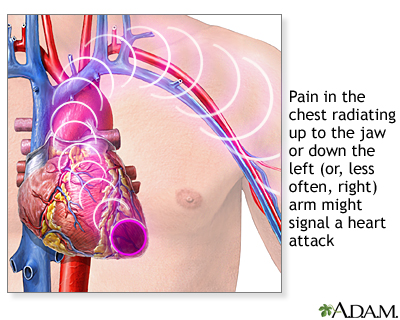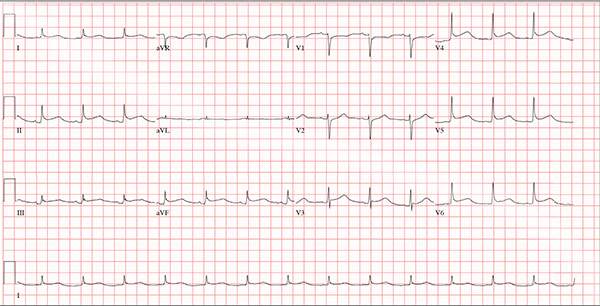
:max_bytes(150000):strip_icc()/chest-congestion-relief-201102-color-V1-f2ab3535d7bc4f64bcf76b49a637be58.png)
This is due to the body trying to fight off the chemicals entering the airways. This restriction leads to a person feeling as if their chest is being constricted.īreathing in toxic gases or chemicals may also cause chest congestion. An asthmatic will struggle to breathe regularly due to a restriction in the airways. Asthma’s main symptom is chest congestion. If a person has a history of heart disease, they should seek medical care immediately if they notice any chest congestion.Īsthma is a condition triggered by an allergen or in some cases, physical activity. One key symptom to look for when chest congestion is noticed, is the swelling of the lower extremities. Fluid begins to pool around the lungs, effectively congesting the airways. This is due to the heart slowing down, and not moving blood through the body as needed. Heart failure also causes chest congestion. The mucous is often unable to make its way out of the air passageways leading to congestion within the respiratory system. The lungs become infected, which will lead the body to produce mucous. Bronchitis & Pneumoniaīronchitis and pneumonia are usually noticed when a person experiences a great deal of chest congestion that is very painful. If a person has a weakened immune system, the congestion may lead to a secondary infection like bronchitis or pneumonia. Chest congestion related to these illnesses will usually disappear within a week. Sinus infections often cause a nasal drip that left untreated can cause chest congestion. The congestion may be caused by the body generating an excessive amount of mucous as a defense mechanism against the virus. Usually in these cases, the congestion is more of a discomfort. Other times, chest congestion is a fleeting condition that causes mild discomfort.Ĭommon colds, a flu virus, or sinus infection are just some of the illnesses that are often accompanied by chest congestion. In some cases, chest congestion indicates a serious, life-threatening situation and will require emergency medical treatment. There are several things that can cause a person to have congestion. The fever may bring on the chills as well. A dry cough or unproductive cough does not produce phlegm.ĭepending on the cause of the congestion, a person may experience a fever. A wet or productive cough is when a person coughs, phlegm is brought up. There are two types of coughs associated with chest congestion. A person struggling to get adequate oxygen may also feel tired.Ĭoughing is another irritating part of chest congestion. If the body is not getting enough oxygen, lips and fingertips may look bluish. Although the person is getting enough oxygen, they may feel they are not because of the inability to take a refreshing deep breath. Others describe it as a belt tightening around their chest when they are attempting to breathe. Some feel like a weight is being pressed down on their chest.

Difficulty Breathingĭifficulty breathing is a common symptom with a congested chest. This may be heard while inhaling or exhaling.

Congestion may also sound like a rattling noise. A doctor will be able to distinguish between the two. However, a true wheezing sound is different than the sounds made by a congested person. Doctors can help narrow down illnesses by determining when the wheezing occurs. The wheezing may only be heard when a person inhales. This happens when the airway is restricted in some way. Wheezing can be described as a whistling type of noise. If one lung is affected, that side may be more painful than the other.Ī type of wheezing sound is also commonly heard when a person has chest congestion. Typically, the center of the chest is where the pain is focused. The pain can be severe at times, especially during coughing fits. Some people may experience a constant dull ache that is made worse when one takes a deep breath. That liquid could also be a number of different things.Ĭhest congestion is often painful. This could be for a number of different reasons, but generally it is due to liquid built up in or around the lungs. Many people will have a difficult time breathing if they have chest congestion. Chest congestion is often seen as a symptom of a number of different ailments from the common cold to more serious conditions like heart failure. In this case, the movement would be air/oxygen into the lungs. Congestion by definition is the lack of movement.

Chest congestion is a common term used to describe a tightness or heavy feeling in the chest.


 0 kommentar(er)
0 kommentar(er)
